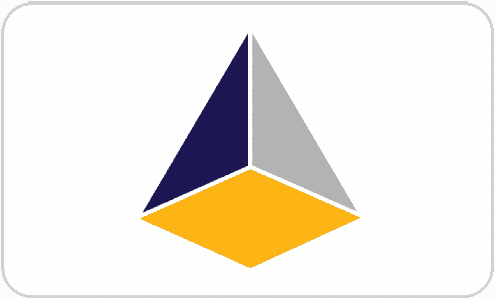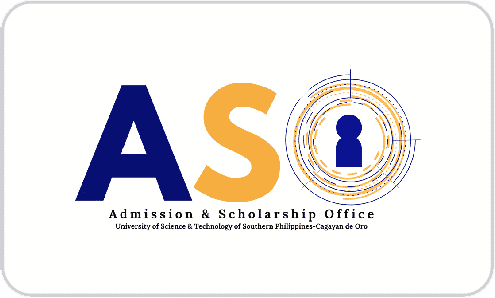ABOUT THE PROGRAM
Major in Electronics Systems
This program equips the graduates with the right skill set and knowledge in electronic devices, circuits and systems. It also place an emphasis on enhancing their competencies and deeper know-how in electronics application such as computers, robotics, medical electronics, audio/video technology, automotive electronics, automation & surveillance systems and many more.
Major in Telecommunications and network
This program teaches the essential professional level skills required for the design and implementation in telecommunication infrastructure including mobile/ wireless networks, telephone fixed-line networks, broadband optical networks, network security and network management and other telecommunications carrier environments. The program emphasizes the training of students in related technical, managerial and planning skills in the world of telecommunications and networks.
Major in Multimedia Systems Technology
This program offers in-demand curriculum that is balanced between theory and operation of all types of audio and video equipment and the technical understanding of analog and digital electronics. This program emphasizes on audio/video utilization, integration, servicing and troubleshooting systems.
PROGRAM OUTCOMES
The Program Outcomes are based in the Dublin Accord. The Dublin Accord is specifically focused on the mutual recognition of academic programmes/qualifications that underpin the educational base for Engineering Technicians. The Accord acknowledges that the educational base is a key foundation for practice as an engineering technician, in each of the countries or territories covered by the Accord.
Upon completion of the in Electronic Systems program, graduates are able to:
a.) Apply innovative and critical thinking in the integration of knowledge in mathematics and science to solve wide practical procedures and practices in electronics system problems.
b.) Identify and analyze well-defined technology and engineering problems in electronic systems through analytical tools and application of knowledge of diversity and multi-disciplinary competencies reaching substantiated conclusions.
c.) Design solutions, systems and processes for well-defined technical problems that meets the specified needs responsive to realistic constraints such as economic, environmental, social, political, ethical, health and safety, manufacturability, and sustainability in accordance to generally accepted standards while working collaboratively and respectfully as a member or leader of diverse teams.
d.) Conduct investigation, analysis and interpret data well-defined problems to design and experiment through standard tests and measurements for sustainable electronic systems technology solutions on current economic demands in local, national and global levels even in the face of adverse circumstances and uncertainties.
e.) Apply expertise and effectively use relevant modern enabling technology and engineering tools necessary for the practice to well-defined engineering problems in electronic systems discipline.
f.) Convey ideas clearly through knowledge of current and solutions to well defined engineering problems to well defined engineering problems concerning societal issues in the development of quality human capital, technology solutions, economic enterprises and preservation of cultural heritage.
g.) Articulate the impact of electronic systems technology and engineering technician work in the solution of well defined engineering problems necessary for sustainable economic and environmental development in local, national and global context.
h.) Demonstrate professional, social and ethical responsibilities and norms of electronics system technician practice in the application of diverse knowledge and multi-disciplinary competencies to promote equity and social justice in the community.
i.) Function independently, collaboratively and effectively as individual, member or leader of multidisciplinary, trans-disciplinary and multi-cultural teams using modern communication tools.
j.) Communicate persuasively and effectively well-defined engineering activities and technical project information and documentation in writing or in personal presentation and conversation especially in technology, engineering and societal engagements.
k.) Effectively demonstrate knowledge and understanding of technology and engineering management principles as a member or leader of diverse teams and to manage projects in multidisciplinary environments.
l.) Recognize the need for, and engage in life-long learning in the field of electronic systems to discuss and demonstrate expertise through integration of ideas, methods, theory and practice in the latest development in relevant technologies.
m.) Exemplify critical and creative thinking and apply analytical and quantitative reasoning to address clear and broad challenges through engagement in the electronic systems relevant research and development aligned to local and national development agenda or goals.
CAREER OPPORTUNITIES
- Multimedia systems integrator
- Public address systems installer
- Audio/video technologist for live performances
- Repair and maintenance technologist
- Working for sound reinforcement companies
- Broadcast production technologist
- Recording technologist
- Technopreneur of innovative audio/video equipment dealerships and studios
- Installer of emerging telecommunications technologies
- 3G/4G cellular mobile networks installer
- Wireless and wired line network infrastructure installer
- Telecommunications technical specialist
- Technopreneur of innovative telecommunication solutions

















